
Andrew Boreland, PhD
Title: Postdoctoral Associate
Training Program Dates: July 2025 - June 2027
Mentor: Ron Hart, PhD and Zhiping Pang, MD, PhD
Department: Cell Biology and Neuroscience, Rutgers New Brunswick, SAS
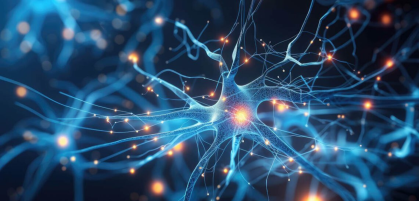
The TTNT program trains postdoctoral fellows and upper level graduate students how to translate basic discoveries from the laboratory bench to therapeutics for neurological disorders. Trainees come from a range of disciplines in the biomedical sciences related to neuroscience, cell biology, chemistry, genetics, neuroengineering and others. Achieving the goal of the program requires training the next generation of scientists who are equipped with the skill set needed to:
Faculty preceptors come from over 12 academic departments across Rutgers and bring a multidisciplinary expertise ranging from medicinal chemistry, molecular studies with RNA, CRISPR, nanotechnology, structural biology, iPSCs, small model organisms, various disease and injury models in rodents, neurodevelopment, microbiome, healthful brain aging, and pharmacological studies. Topics of research include Parkinson’s disease, Alzheimer’s, Multiple Sclerosis, neuromuscular diseases, spinal cord injury, stroke, traumatic brain Injury, autism, pain, schizophrenia, and other neurodegenerative and neurodevelopmental conditions and disorders.
Trainees combine course work on topics such as biostatistics, drug development, grant writing, and science communication with direct clinical experience, trial development and execution. Experiential learning component includes apprenticeships with the Rutgers Technology Transfer Office, the New Jersey Academic Drug Discovery Consortium, as well as intellectual property and venture capital experts.
Trainee Information

Andrew Boreland, PhD
Title: Postdoctoral Associate
Training Program Dates: July 2025 - June 2027
Mentor: Ron Hart, PhD and Zhiping Pang, MD, PhD
Department: Cell Biology and Neuroscience, Rutgers New Brunswick, SAS

Andrea Guerrero, PhD
Title: Postdoctoral Associate
Training Program Dates: July 2025 - June 2027
Mentor: Zhiping Pang, MD, PhD
Department: Neuroscience and Cellular Biology, Rutgers Health – RWJMS
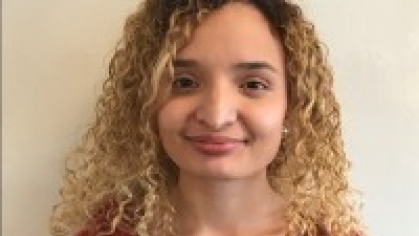
Priscilla Chinchilla Retana
Title: Graduate Student
Training Program Dates: July 2024 - June 2026
Mentor: Jean Baum, PhD
Department: Chemistry and Chemical Biology, Rutgers New Brunswick, SAS

Ava Papetti
Title: Graduate Student
Training Program Dates: July 2024 - June 2026
Mentor: Peng Jiang, PhD
Department: Cell Biology and Neuroscience, Rutgers New Brunswick, SAS
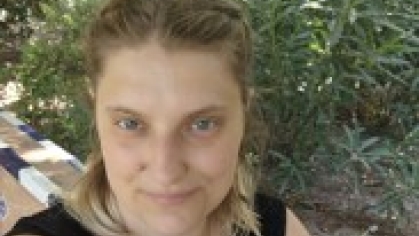
Tatiana Popovitchenko, PhD
Title: Postdoctoral Fellow
Training Program Dates: July 2023 - June 2025
Mentor: Christopher Rongo, PhD
Department: Genetics and the Waksman Institute, Rutgers New Brunswick
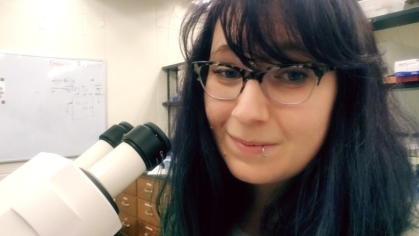
Rebecca Androwski, PhD
Title: Postdoctoral Fellow
Training Program Dates: July 2023 - June 2025
Mentor: Monica Driscoll, PhD
Department: Molecular Biology and Biochemistry, Rutgers New Brunswick, SAS
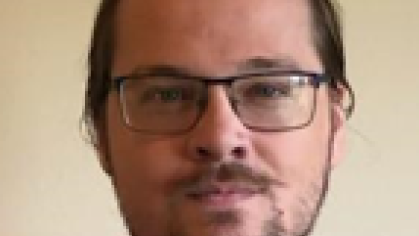
Keith Lange
Title: Graduate Student
Training Program Dates: July 2022 - June 2024
Mentor: Bonnie Firestein, PhD
Department: Cell Biology and Neuroscience, Rutgers New Brunswick, SAS
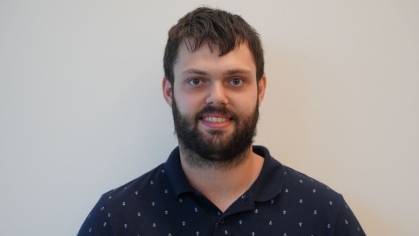
Brandon Conklin
Title: Graduate Student
Training Program Dates: July 2022 - June 2024
Mentor: KiBum Lee, PhD
Department: Chemistry and Chemical Biology, Rutgers New Brunswick, SAS

Jaclyn Eisdorfer, PhD
Title: Postdoctoral Fellow
Training Program Dates: July 2021 - June 2023
Mentor: Victoria Abraira, PhD
Department: Cell Biology and Neuroscience, Rutgers New Brunswick, SAS

Brittany Karas, PhD
Title: Postdoctoral Fellow
Training Program Dates: July 2021 - June 2023
Mentor: Maria Chiara Manzini, PhD
Department: Neuroscience and Cell Biology, Rutgers - RWJMS